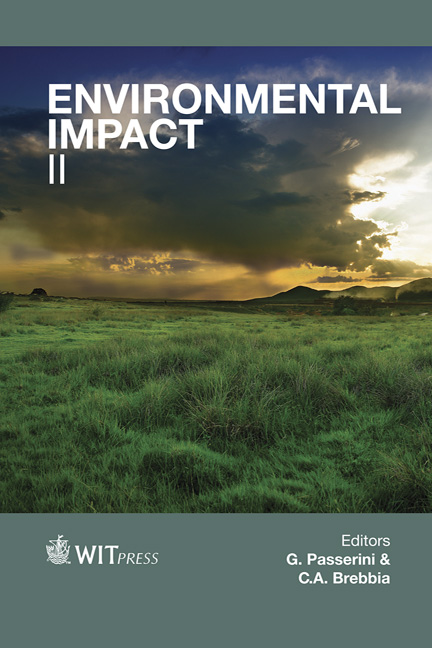Impact Of The Subsidy On The Electric Rate In The Use Of Renewable Energy For Net Zero Housing In Mexicali, Mexico
Price
Free (open access)
Transaction
Volume
181
Pages
9
Page Range
291 - 299
Published
2014
Size
323 kb
Paper DOI
10.2495/EID140251
Copyright
WIT Press
Author(s)
R. Gallegos, E. Tapia & S. Romero
Abstract
The city of Mexicali, located in the Northwest of Mexico, has a hot extreme climate, with maximum temperatures of up to 48oC, so the use of air conditioning systems is a necessity for the realization of human activities. But the intensive use of these systems brings with it high consumptions of electric energy, so billing is very expensive for the majority of the population. For this reason, the city has a subsidy by the State in the electricity tariff, allowing users to allocate less of their income to pay for the service. In this context, the State agency that produces and distributes electric power has developed mechanisms to allow domestic cogeneration using photovoltaic systems of up to 3 kW. This paper describes the design and simulation of a net zero house interconnected to the grid for users of middle class. The first task was to reduce energy requirements for air conditioning through the use of appropriate materials and construction systems, use of natural lighting, changing the type of lighting and thermal insulation. Subsequently the photovoltaic system is designed and an estimate of the recovery time of the investment is done. The results show that with the levels of subsidy rate, the net zero housing scheme is not able to recover the investment in the life time of the project. If the rate were not subsidized, investment is recovered in the fourth part of the life time; approximately five years. It is concluded that for this sector of the population the State could allocate the amount of the subsidy for those five years to finance PV systems and eliminate the subsidy, the amount of which may be used for social works. An additional benefit would be the incentive to the use of renewable energy in the country. Keywords: net zero housing, renewable energy, domestic cogeneration.
Keywords
net zero housing, renewable energy, domestic cogeneration.





